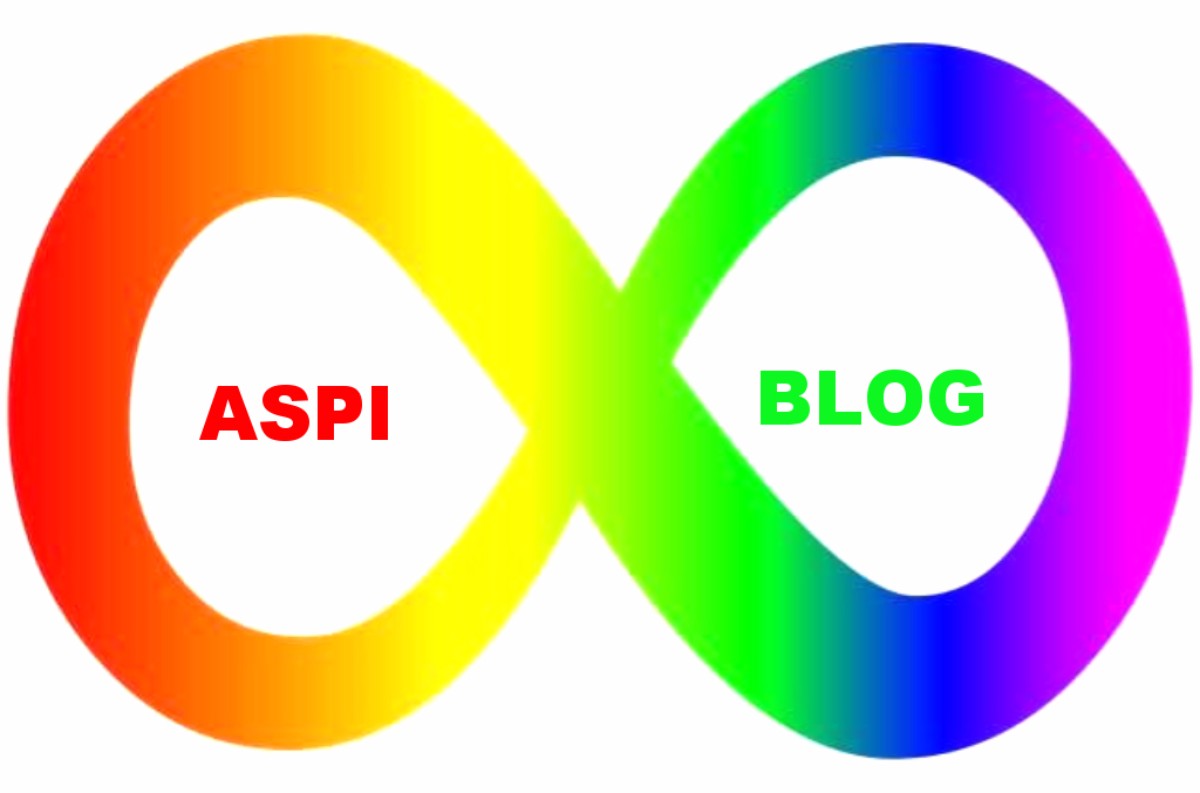INTRODUCTION
This post is by way of a public response to two blog posts that I have recently encountered. I am writing this because in twitter speak I am #actuallyautistic.
TWO IMPORTANT BLOG POSTS
The post that first planted the germ of an idea for this piece in my mind was published by Autism Mom under the title “Sometimes I don’t know what to think”. In it she mentions being at an autism related event and hearing someone talk about “curing” their son’s autism.
The other post that helped to spark this was published this morning on parents.com under the title “15 things I tell my friends when they’re facing an autism diagnosis”. As a sample of what to expect I offer two paragraphs (they are not contiguous in the actual piece)…
Be wary of “cures” and “recovery.”
One of the first books I read about autism was a “recovery narrative.” It was well-wrttien, but what it told me was that if I just worked hard enough, poured enough money into chasing a cure, and found the right combo of supplements and therapies, my son would get over his autism. It’s a destructive mindset to have, and it caused me and my child heaps of stress. Autism is a neurology, it’s a different way the brain is wired. You can’t recover from neurology, and a more productive focus for everyone is helping your child become his or her best self.
and
Don’t get bogged down in the debates in the autism community.
There are a lot of camps in the autism community. Some people want cures, other blame vaccines, and others demonize autism. Autism self-advocates are changing perceptions of the disorder through their advocacy. People will tell you to cut gluten, try cod liver oil, and the fights can grow nasty. I align with certain views, and I try to live those. But I tell my friends to keep the focus on their child as they wade through all the extra noise in the autism community. I also always recommend that parents new to a diagnosis read what writers with autism are saying as a way to navigate some of this debate.
A BRIEF PICTORIAL INTERLUDE
Here are a few of my recent photographs from in and around King’s Lynn















DISEASE OR DISORDER?: A FALSE DICHOTOMY
The common usage of the phrase Autistic Spectrum Disorder can lead to a suggestion that Autism can be treated like a disease and thence to talk of “cures”. Therefore save for the single sentence I have just written I used Autism or Autistic Spectrum Condition. In each case, although I have emphasised the words that I change in the phrase the key word of the whole phrase is “spectrum”, which implies, correctly, a broad range of attributes.
An Autistic Spectrum Condition is neither a disorder nor a disease – having one makes us different not lesser, or in some way incomplete. This is, if you like, my take home message to neurotypicals: learn to see beyond the condition we have and to appreciate the things we can do, rather than making the things the we cannot into impassable obstacles.
As I hope I have made crystal clear, I believe that any talk of a “cure” for autism is fundamentally misguided. I for one can say with no shadow of a doubt that even if some wonder drug was devised that had the power to make me neurotypical I WOULD REFUSE TO TAKE IT.
I end with a request to any and all of you who make it this far: please share this piece.

Really interesting insight, Tom – although I think it would be shared very much more widely if you took a break from your usual format and just included a single image which focused on the topic of autism. Out of interest, what advantages do you see to autism? I’m far from neurotypical myself, but what bits of autism do you like? I’d imagine it made life much more difficult, in many ways, than the reverse.
Reblogged this on Annas Art – FärgaregårdsAnna and commented:
This is a great post from Aspiblog.
I think We are all humans and we are all different and also should be that. I’m a half hearing person, but don’t see that as an error that need to be cured.
I don’t know all about being autistic, but I can relate to some things that often is labeled as autistic. I once read a book that opened my eyes totally. The author tells about her childhood as an autistic girl, only she doesn’t know about it until she’s adult.
Her story was very interesting to read and I could recognize some of her experiences.
I’m just a High Sensitive Person (HSP), but after I read that book I realized I could have “choosen” the autistic things as well, but I didn’t.
It’s nothing you really choose, but with more courage I could have been more autistic in my childhood than I dared to be.
I don’t know if the book is translated, it should be but you can read about the book here. If you read Swedish 🙂
En annorlunda barndom – Wikipedia (a different childhood, author Iris Johansson)
https://sv.m.wikipedia.org/wiki/En_annorlunda_barndom
Anna
Reblogged this on Never Less Than Everything and commented:
Good advice